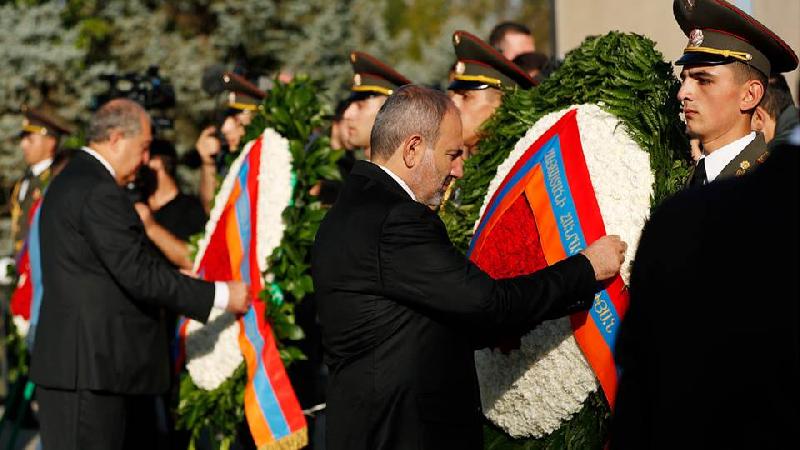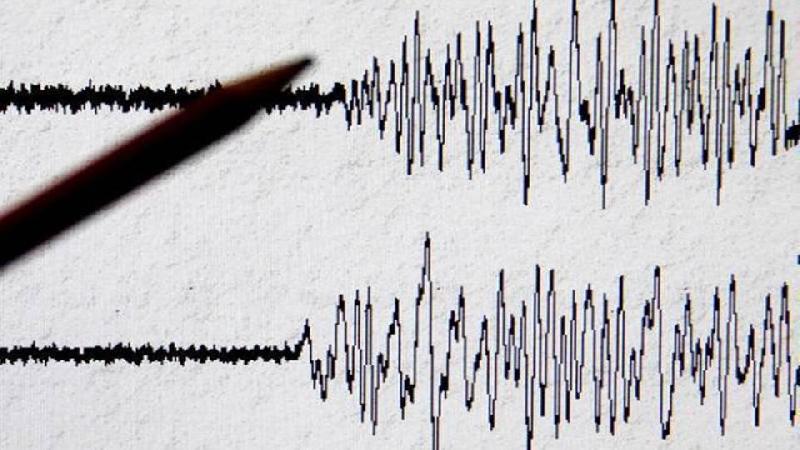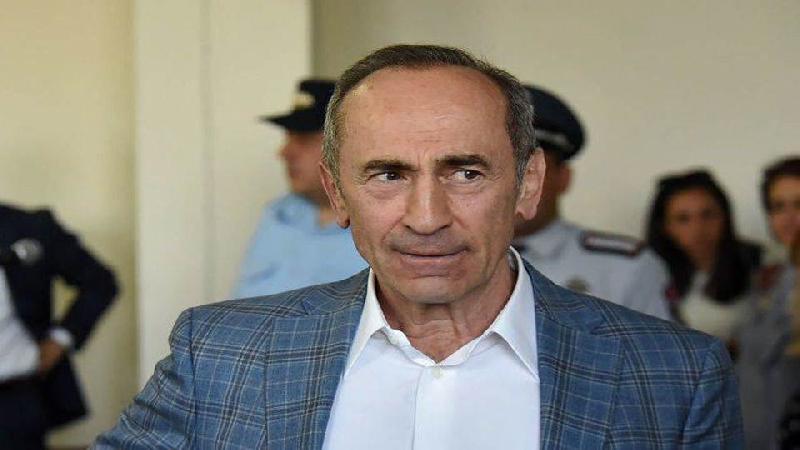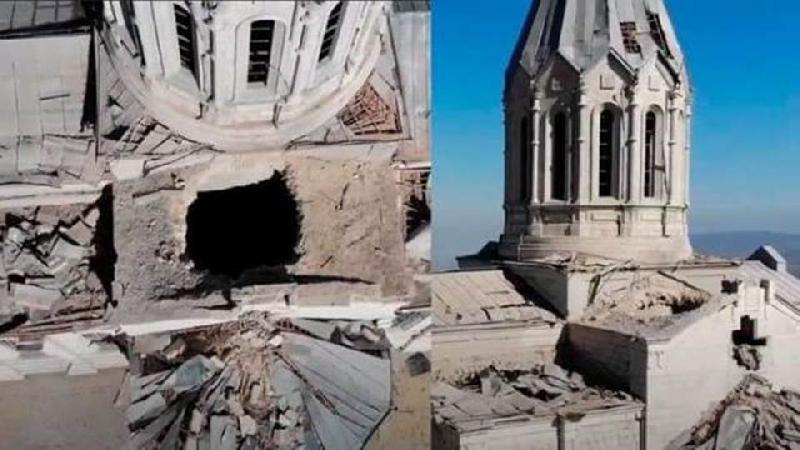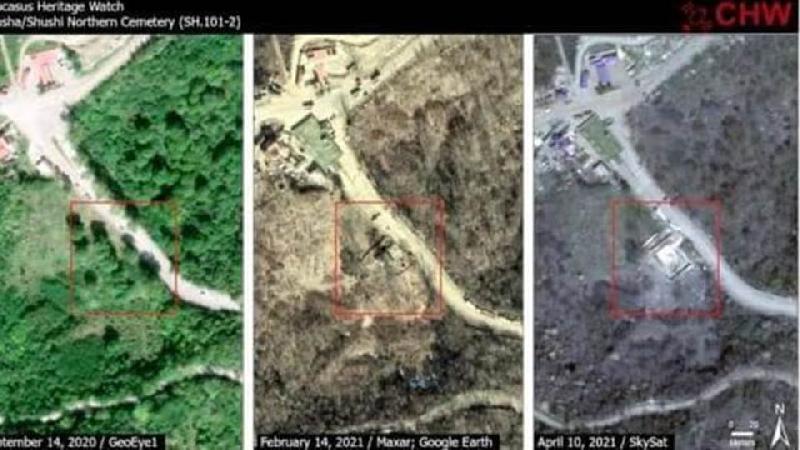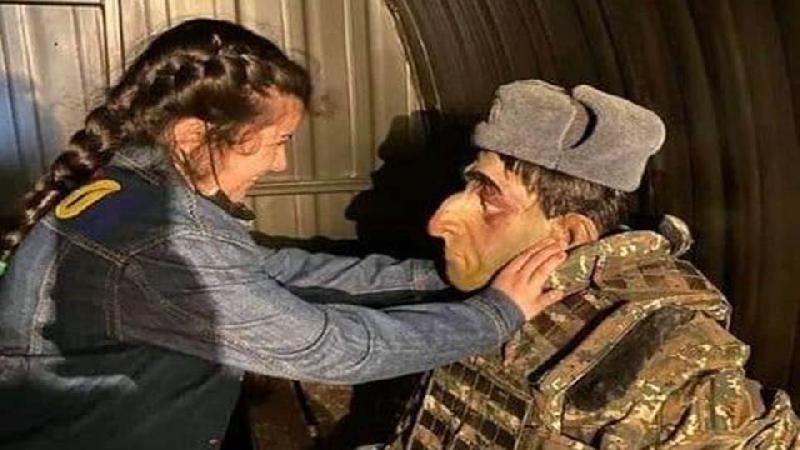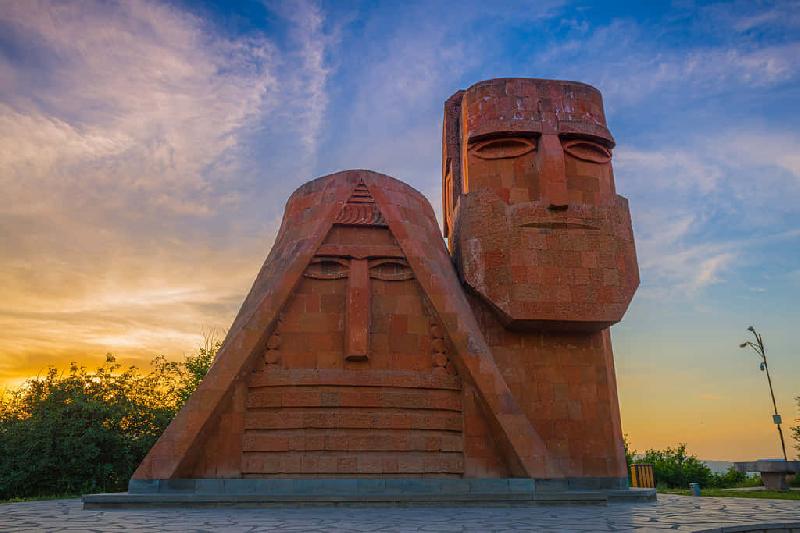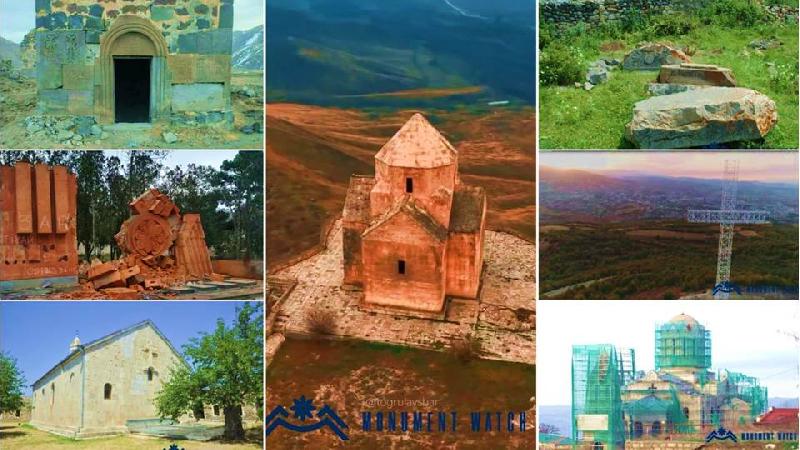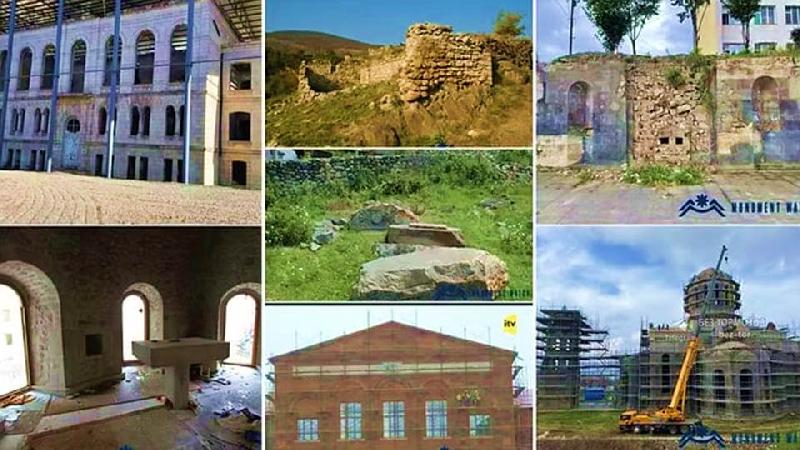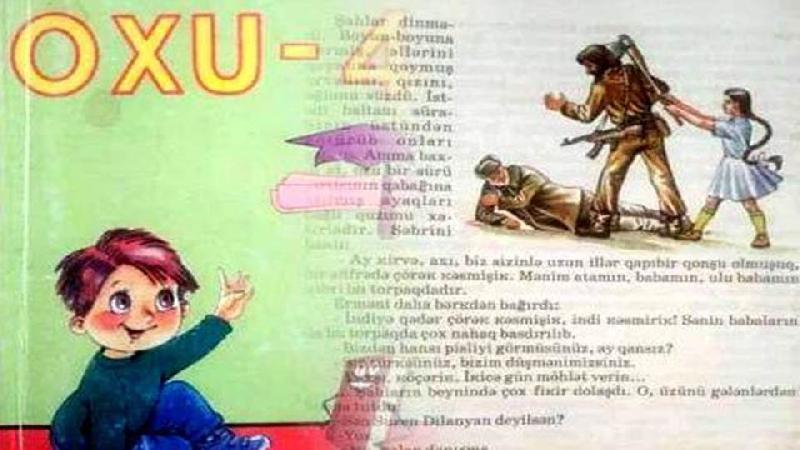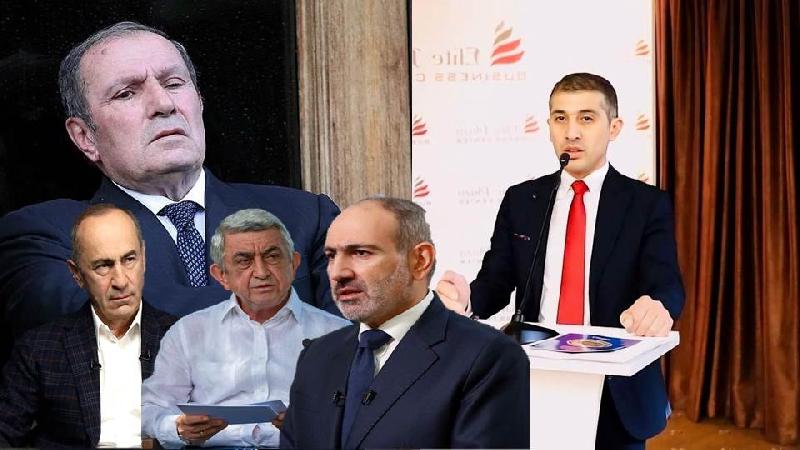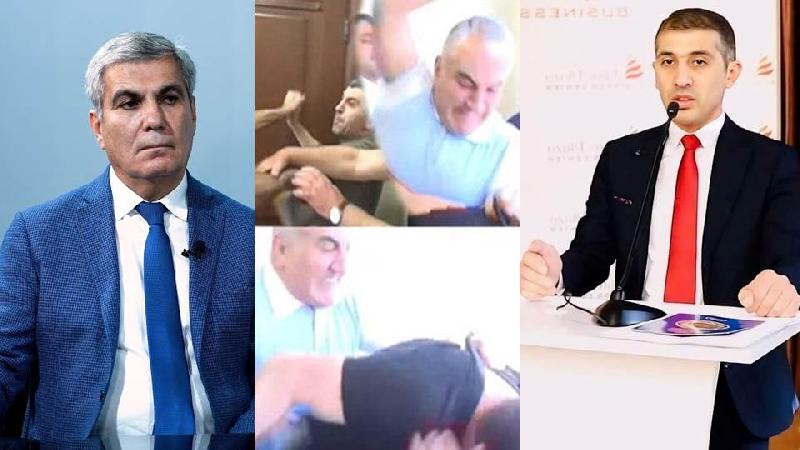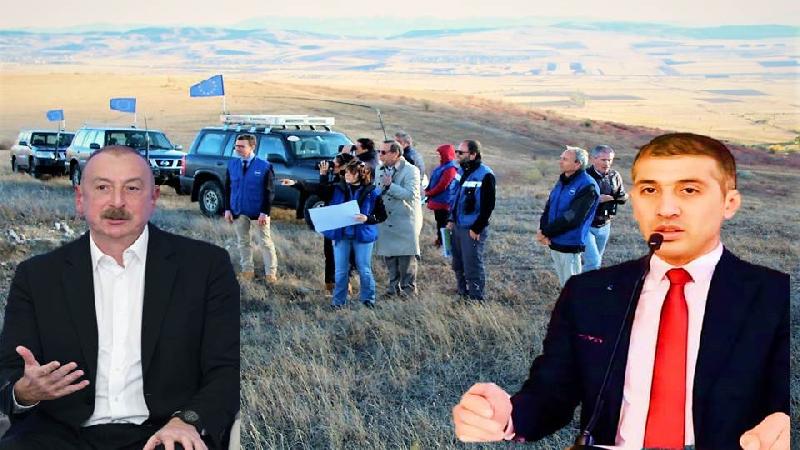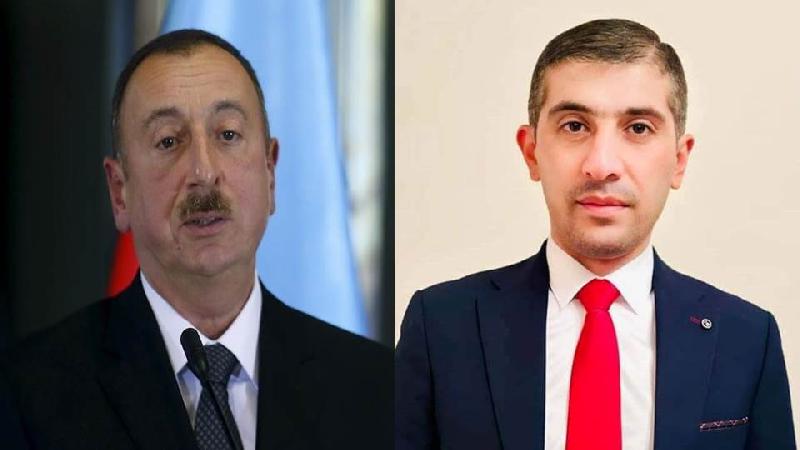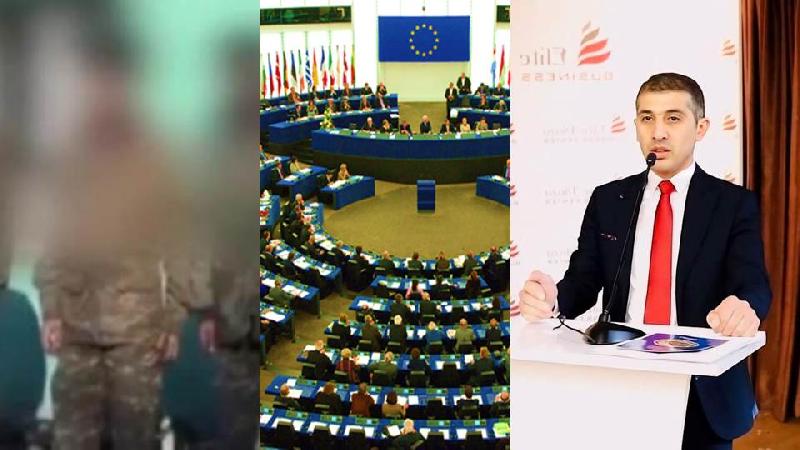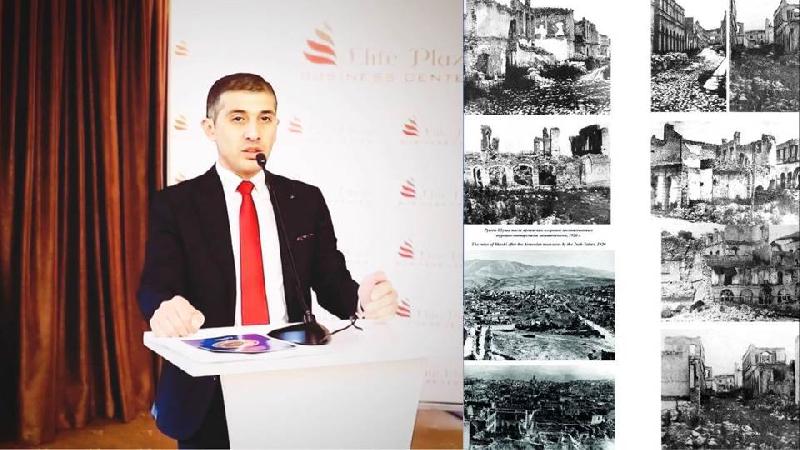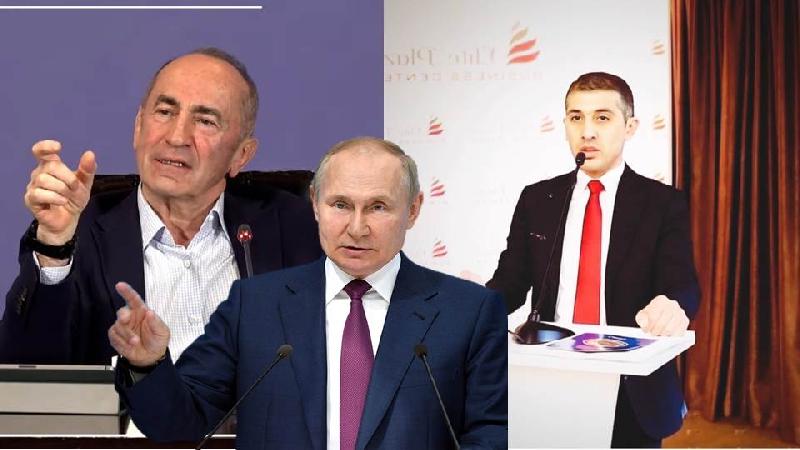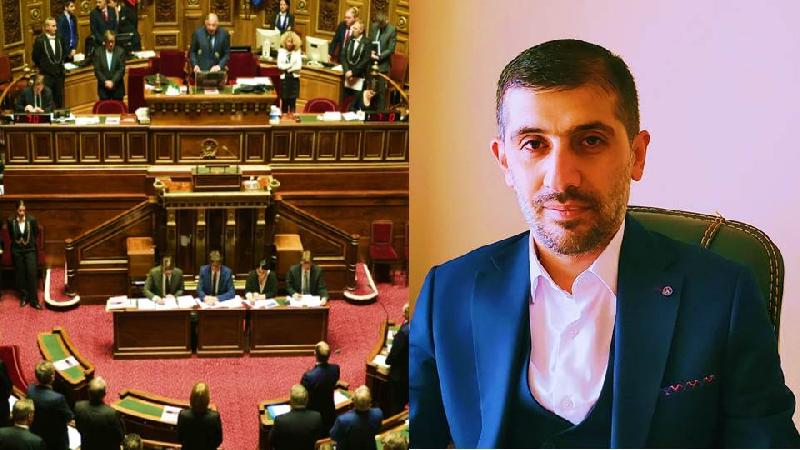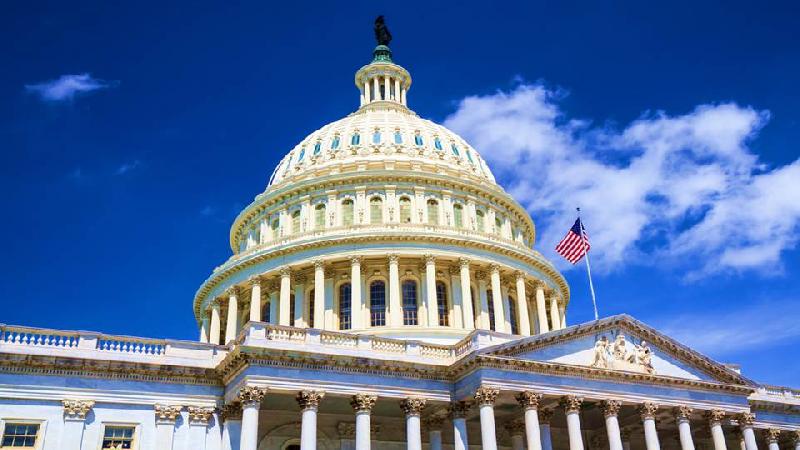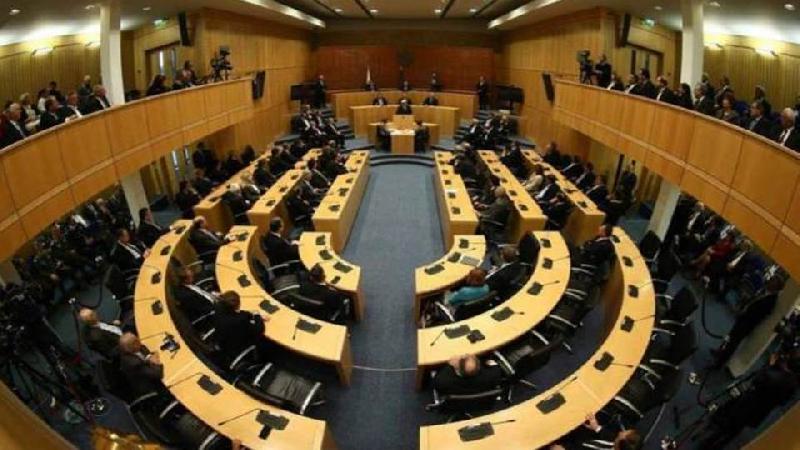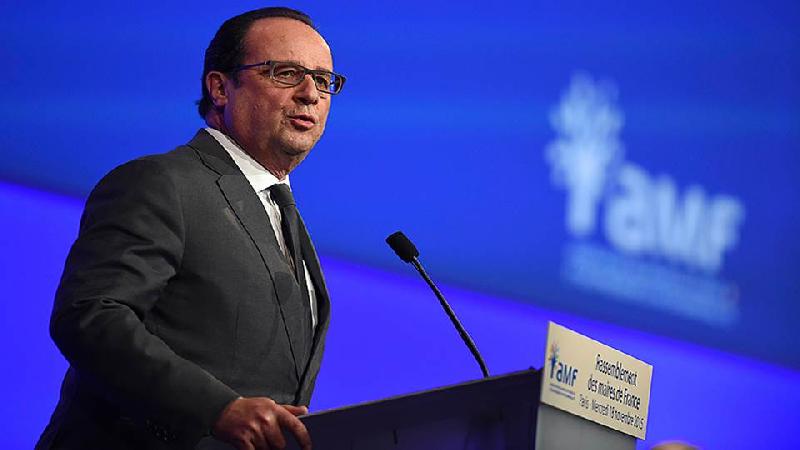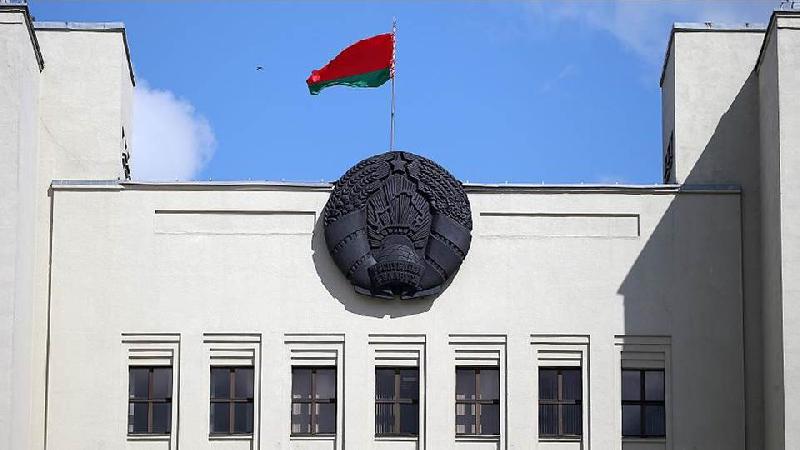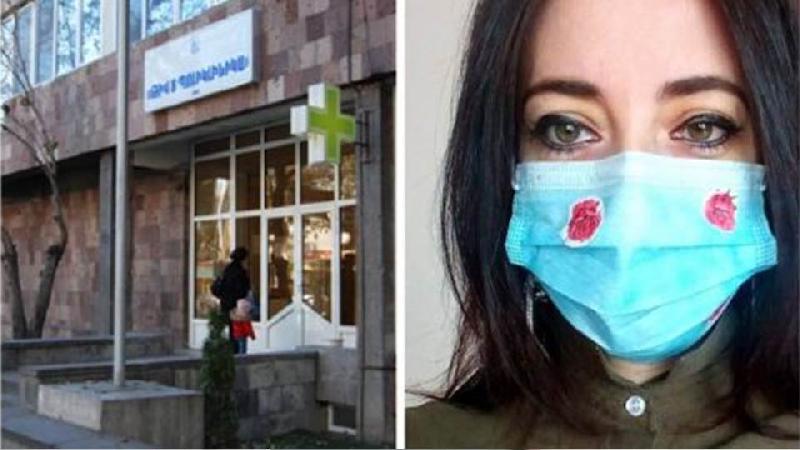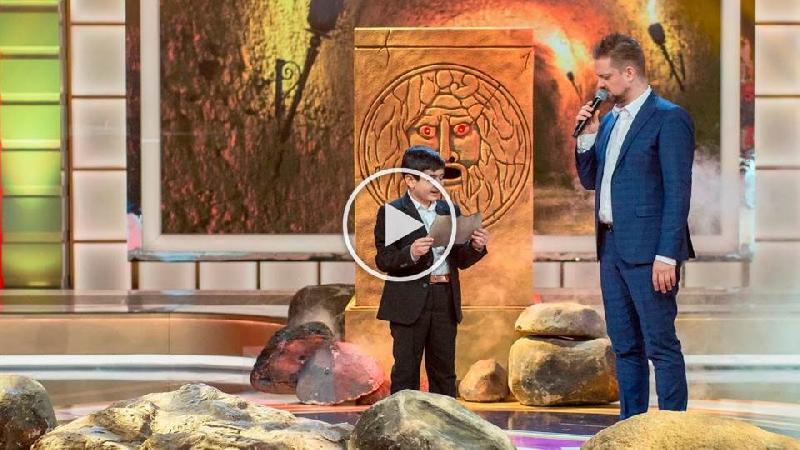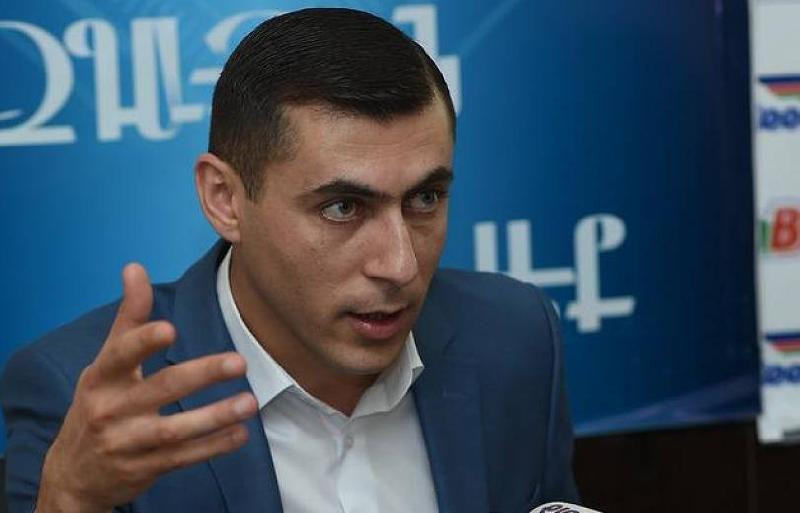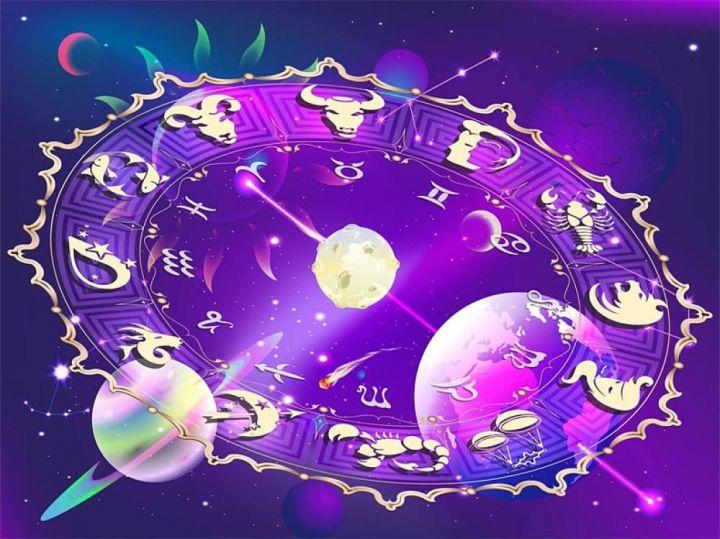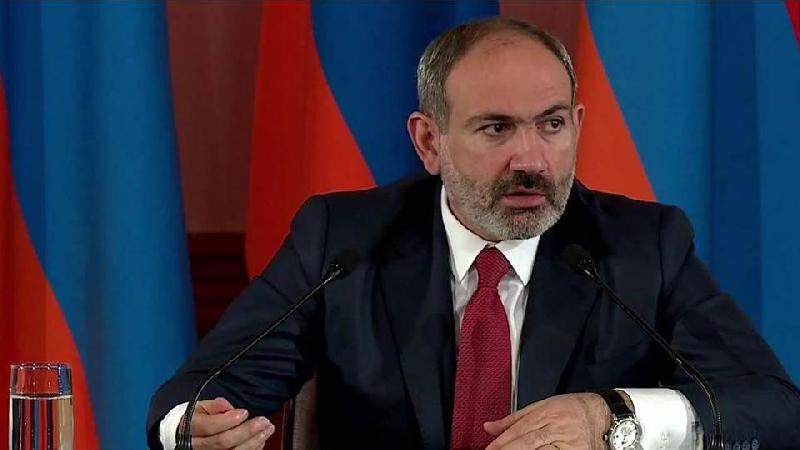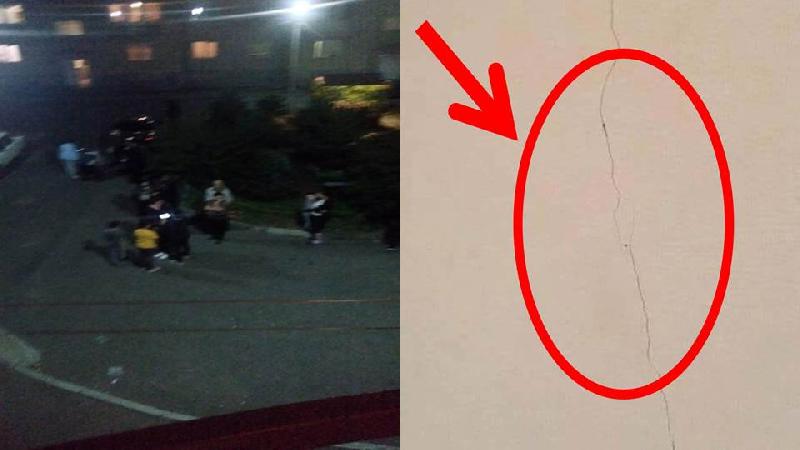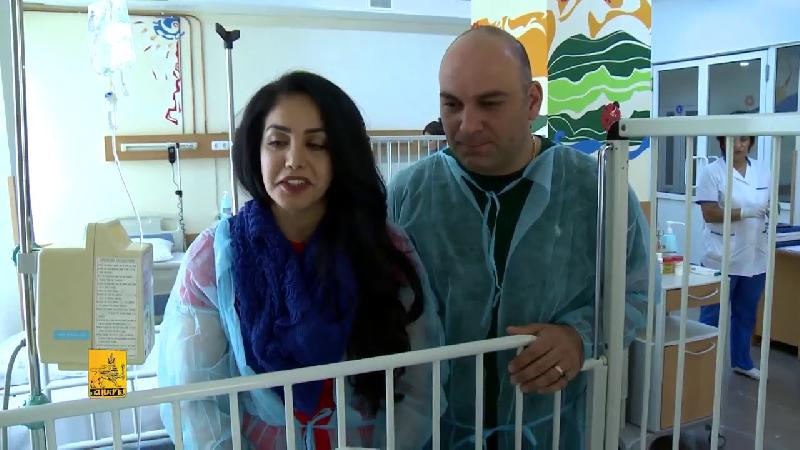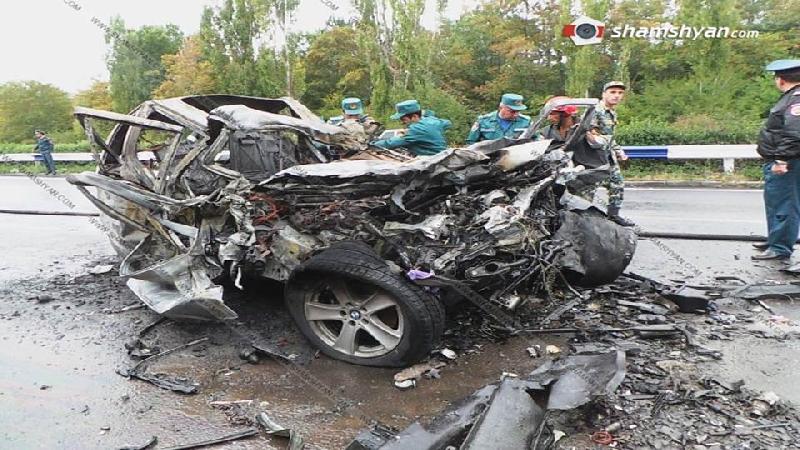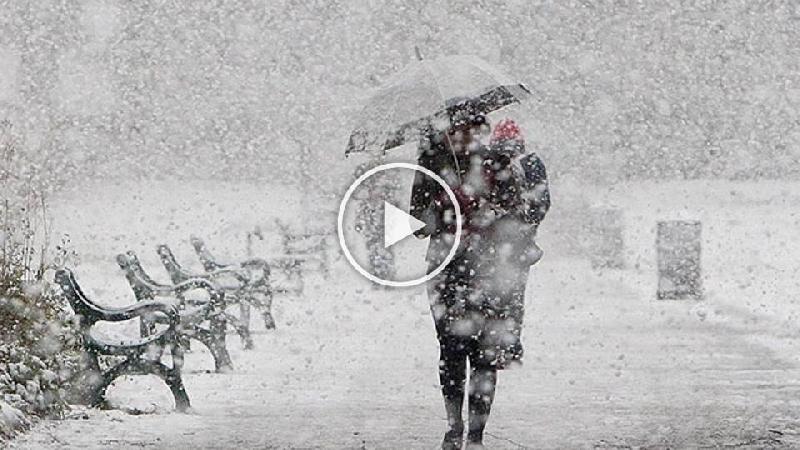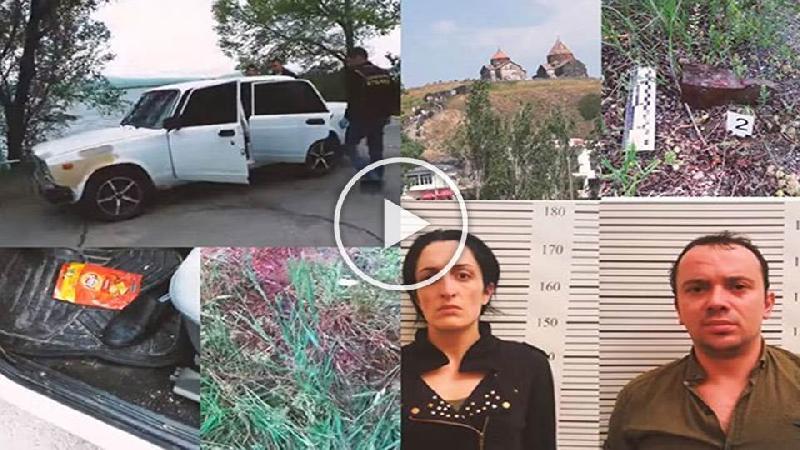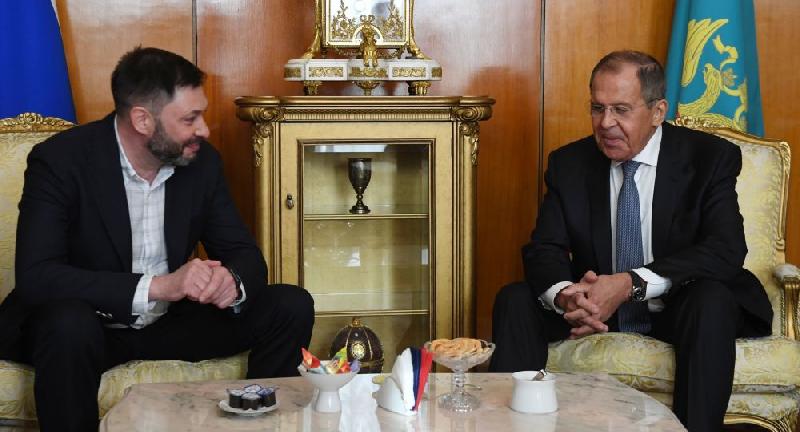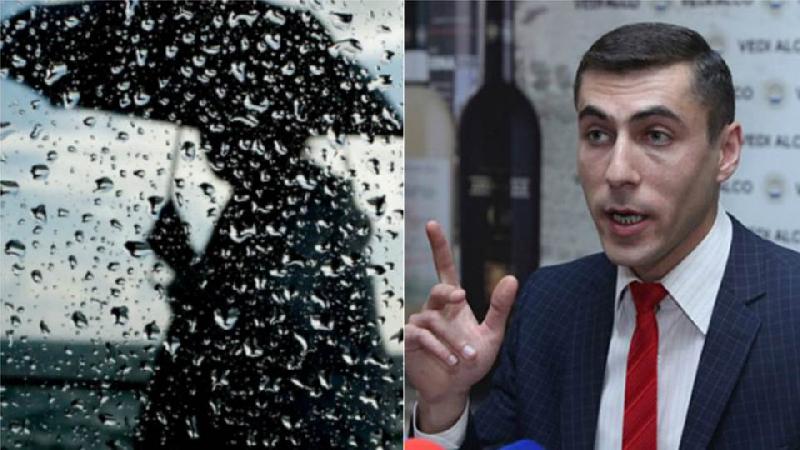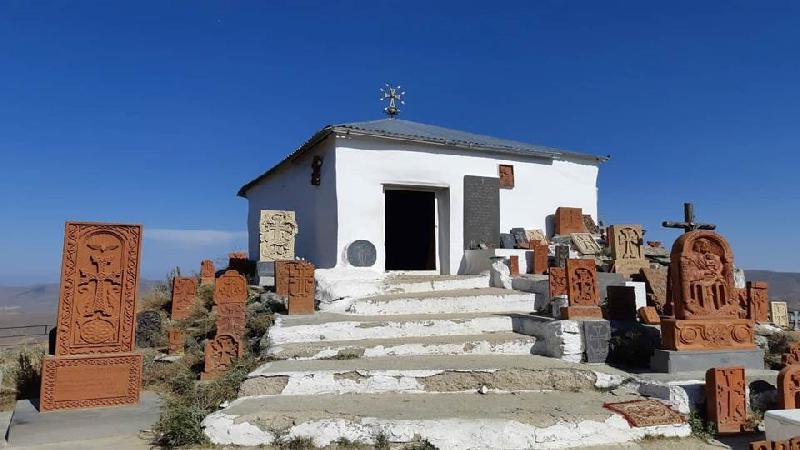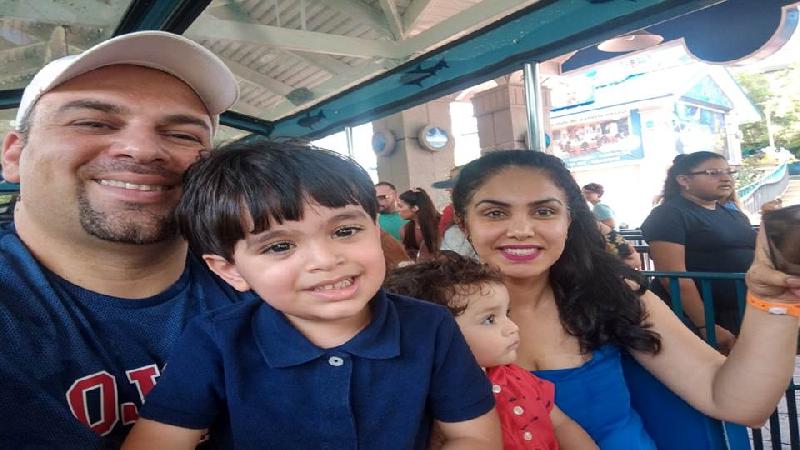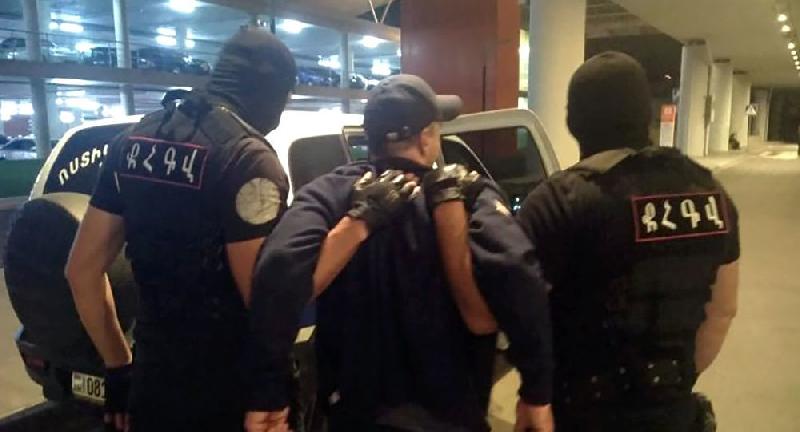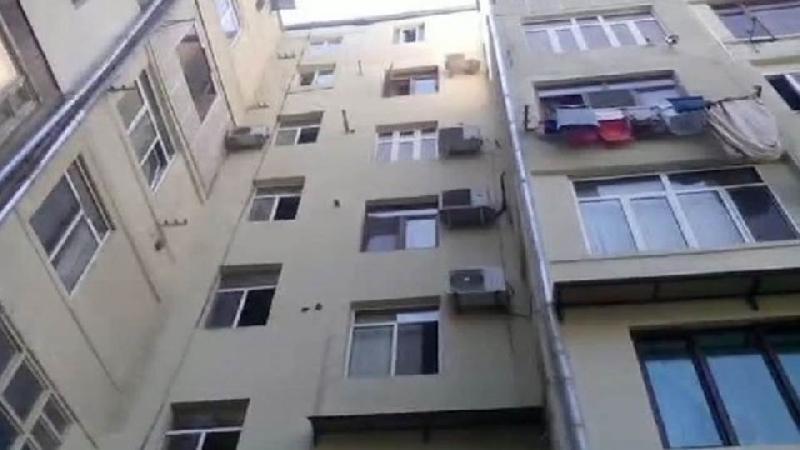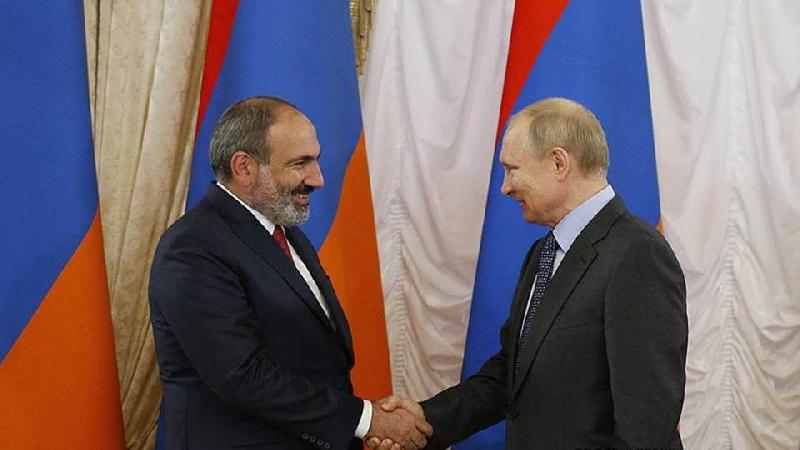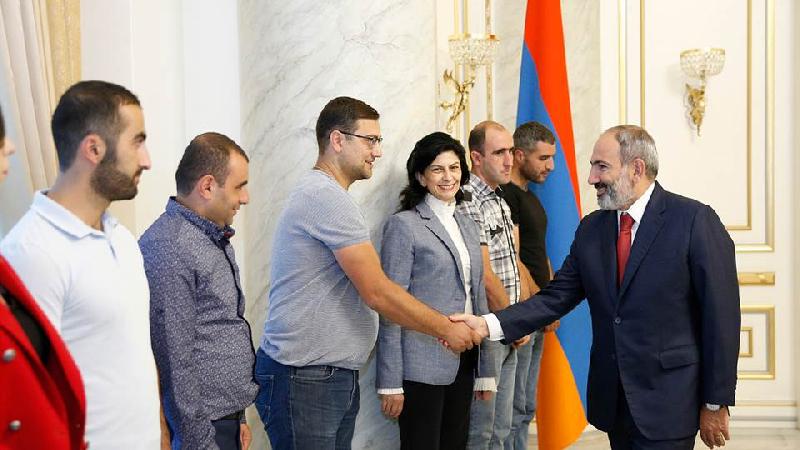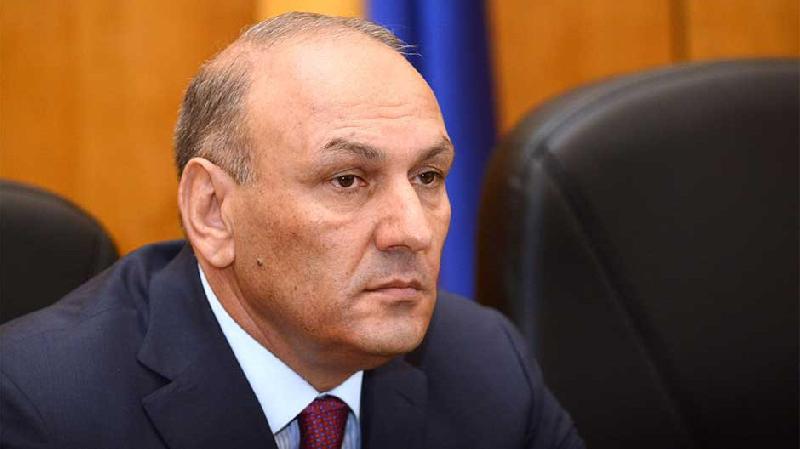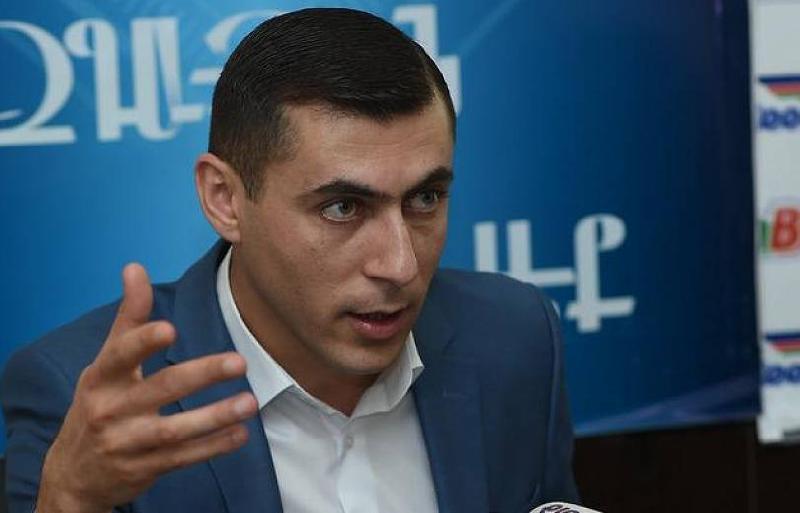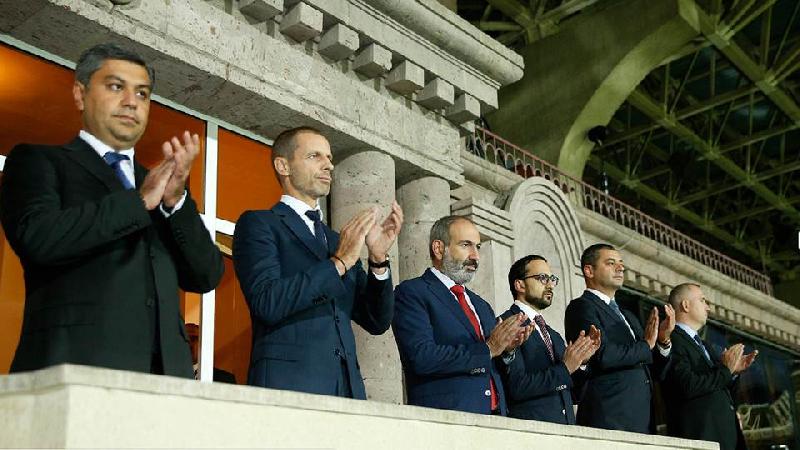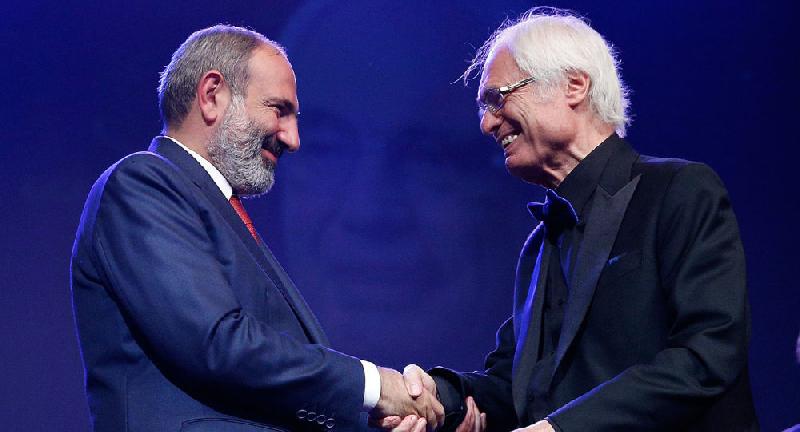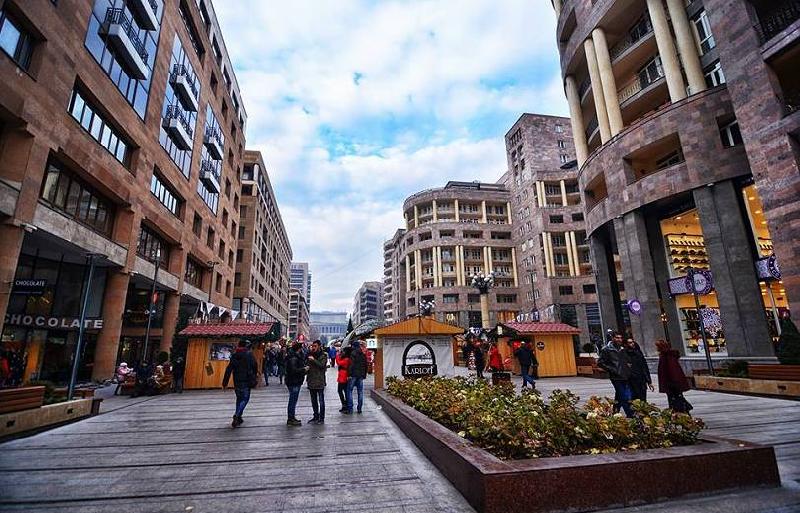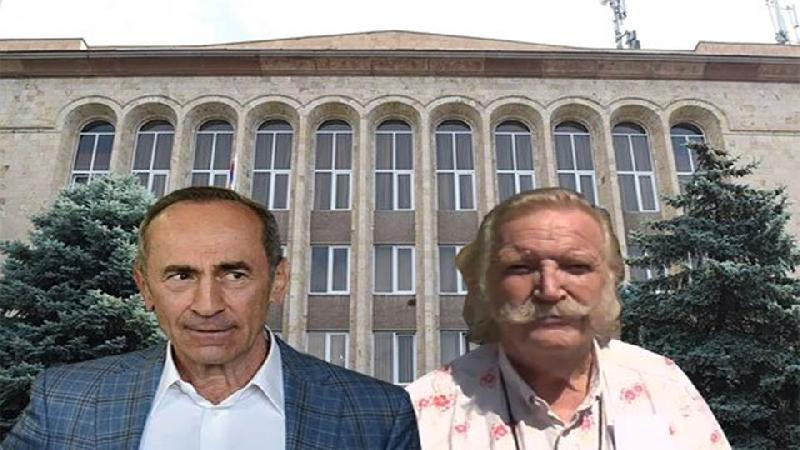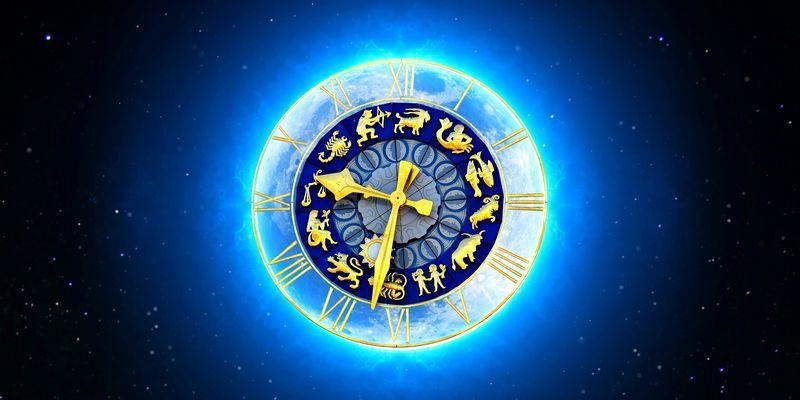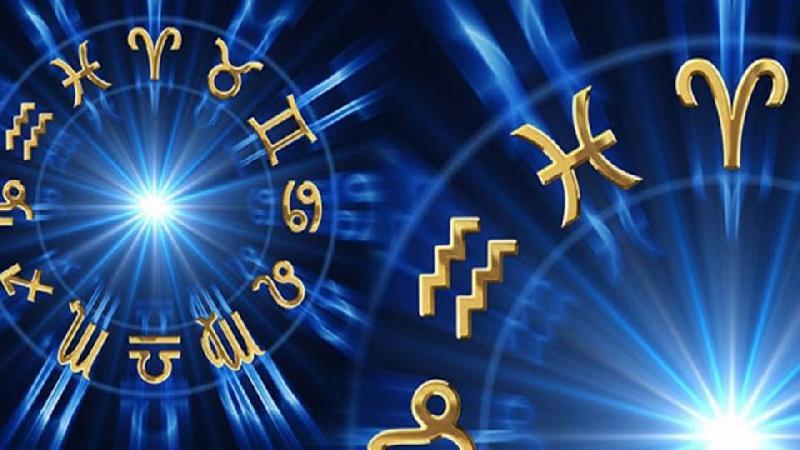A press conference on "Azerbaijani Perceptions of Peace" was held at the Center for Caucasian Studies at Mesrop Mashtots University in Stepanakert. The center's director, Hovik Avanesov, organized the event. The purpose of the meeting with media representatives was to once again draw the attention of the public in Artsakh, Armenia, and the Diaspora to Azerbaijan's "peace" agenda, which, as reality and facts show, is in fact built on a policy of war and Armenophobia.
As Hovik Avanesov noted, recently, information about the establishment of good-neighborly relations with Azerbaijan and Turkey and peace in the region has been increasingly injected into Armenian society, but such talk is groundless.
"Any specialist who studies the history of both countries, and Azerbaijan in particular, can confirm that, since the emergence of this artificially created state on the map, its leaders have pursued a policy of hatred of Armenophobia, genocide against both Armenians and the culture they have created over millennia, the seizure of their historical territories, and the destruction and appropriation of the very history of the Armenian people," noted Hovik Avanesov. "For official Baku, peace means the ethnic cleansing of the region of the Armenian people, and, consequently, the murder of civilians based on their nationality and the seizure of ancestral Armenian territories." With this press conference, we want to once again draw the attention of our compatriots to the truth behind Azerbaijan's behavior. While its official representatives talk of peace, they systematically destroy Armenian heritage in the occupied territories of Artsakh and shell peaceful settlements in Armenia, as happened recently in the village of Yelpin in the Vayots Dzor region.
The head of the UMM Center for Caucasus Studies has repeatedly noted in his speeches that Azerbaijan's anti-Armenian policy dates back to the very inception of the state, and that the killing of Armenians is part of Azerbaijan's history and the entire 70-year Soviet era. One of the methods used to shape this policy in Azerbaijan is anti-Armenian propaganda, which is carried out at all levels—from kindergartens and the indoctrination of children in an anti-Armenian spirit to the importation of armed terrorist groups into the region and the creation of entire institutions that promote the killing of Armenians.
"While various nations around the world teach their children morality and appropriate social behavior, humanism, and altruism, in Azerbaijan, ideas about the murder of Armenians are instilled even at the preschool level, through games and children's literature," notes Ovik Avanesov. "One of the most common games in Azerbaijan, as well as in Turkey, is the 'Massacre of Armenians.'" Children are given rag dolls of "Armenians" and taught to cut them up, rip their bellies open, cut off their heads, etc., using wooden and plastic knives. In other words, the idea that the barbaric murders of Armenians are permissible, even necessary, is being instilled in the minds of the younger generation of Azerbaijanis. On social media, Ilham Aliyev's henchmen actively disseminate open calls to kill and kidnap Armenian children, and Azerbaijani literature, including that intended for children and adolescents, increasingly features the murder of Armenians with an axe, as perpetrated by the "Hero of Azerbaijan," the murderer Ramil Safarov. The books are illustrated with pictures, for example, of a girl striking an Armenian warrior on the head with an axe. Such books are published at the request and with funding from the Azerbaijani government.
According to OVIK AVANESO, such books are being distributed today not only in Azerbaijan but also abroad – in countries with Azerbaijani migrant communities. In other words, the policy of Armenophobia is being exported beyond the region, which cannot but affect the life of the Armenian Diaspora. The world saw the results of the Azerbaijani worldview during the wars in Artsakh in 2016 and 2020, when Aliyev's junta beheaded Armenian soldiers, cut off the ears of the elderly, and shot children. This barbaric mentality is the result of the influence of "children's" books and anti-Armenian indoctrination, which intensified further after the 44-day Artsakh War. Today, Azerbaijani propagandists are using new mechanisms to implant in people's minds the idea of killing Armenians.
"It's enough to recall the 'Trophy Park' and the mannequins of Armenian soldiers displayed there, which children used to train themselves in the targeted killing of any Armenian," continued Ovik Avanesov. "Today, Azerbaijani stores sell new Armenian dolls—from the likenesses of children to old men—complete with knives and other similar tools, along with instructions on how to 'play' with them: 'Consider everyone your enemy and kill them.' Against this backdrop, talk of peace is a criminal provocation against the Armenian people. Armenian society must understand and accept one thing: in Azerbaijan, even if the government changes, Armenophobia will not disappear."
The head of the UMM Center for Caucasian Studies expressed the opinion that, given global trends, the region smells of a full-scale war, and the first to enter it will certainly be the "peace-loving" Azerbaijanis, who have occupied a significant part of Artsakh, entered Armenia today, and are laying claim to its territory – from Syunik and Sevan to Yerevan.
"The signing of the November 9, 2020, Treaty did not end the war," asserts Hovik Avanesov. "Therefore, we, Armenians, must be guided by the well-known motto: 'If you want peace, prepare for war.' This is especially true considering that after a 44-day war involving terrorist groups, a significant number of them remain in the occupied regions of Artsakh and, on Ilham Aliyev's orders, will not hesitate, for a price, to 'fight for peace' by exterminating Armenians. It's hard to disagree with Monte Melkonian's words that peace in the region can only come with an Armenian victory, as well as the de-occupation of the territories of Artsakh seized by Azerbaijan and the international recognition of the independence of the Republic of Artsakh."
Magdalena Zatikyan, "Voice of Armenia"

